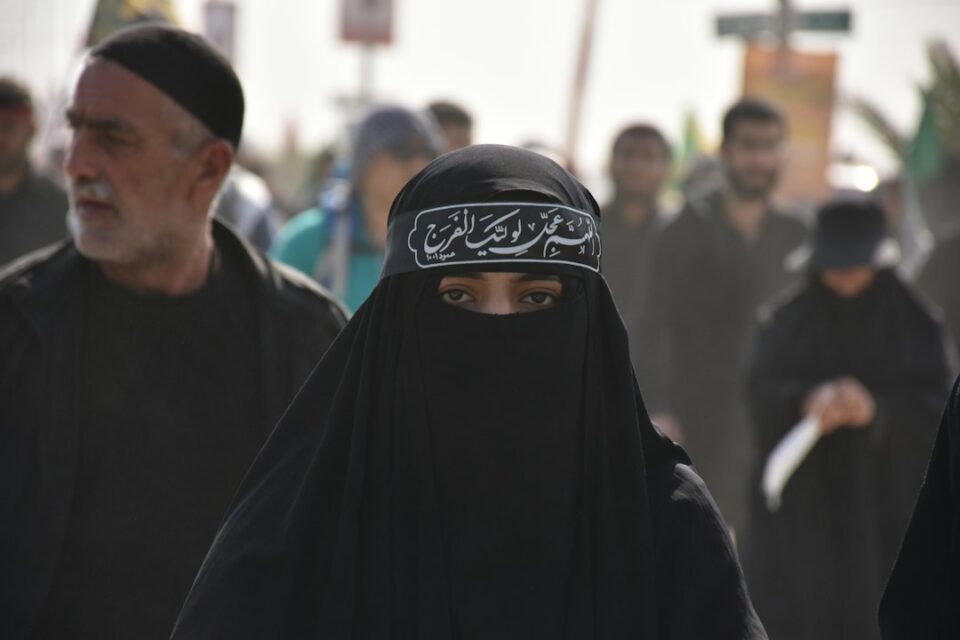The Role of Women in Judaism
Throughout history, women have played an important and diverse role in Judaism, from participating in rituals and ceremonies to holding leadership positions within the community. While some may argue that Judaism is a male-dominated religion, the truth is that women have always been valued and respected in Jewish tradition.
One of the key aspects of the role of women in Judaism is their participation in religious observance and rituals. While there are certain religious obligations that are traditionally reserved for men, such as wearing tefillin or leading certain prayers, women have their own set of mitzvot (religious commandments) that they are expected to fulfill. Women are encouraged to light Shabbat candles, observe the laws of kashrut, and perform acts of tzedakah (charity), among others.
In addition to these religious duties, women also play a pivotal role in many Jewish rituals and ceremonies. For example, women are responsible for lighting the Hanukkah candles, reciting the blessings over the wine during Shabbat and holiday meals, and leading the family in saying the Haggadah on Passover. Women also play a central role in lifecycle events such as weddings, where they are often responsible for preparing the home and overseeing the ceremony.
In terms of leadership positions, women have made significant strides in recent years within the Jewish community. While historically men have held most of the positions of authority within Jewish institutions, women are now taking on more prominent roles as rabbis, educators, and community leaders. In 1972, Sally Priesand became the first female rabbi ordained in the United States, paving the way for other women to follow in her footsteps. Today, there are countless female rabbis serving congregations around the world, providing spiritual guidance and leadership to their communities.
Women have also been instrumental in advocating for social justice and human rights within the Jewish community. Throughout history, women have been at the forefront of movements for equality, civil rights, and women’s rights within Judaism. From fighting for the right to pray at the Western Wall to advocating for gender equality within the workplace, women have been instrumental in advancing social change and promoting a more inclusive and egalitarian society.
One of the most well-known female figures in Jewish history is Queen Esther, whose story is told in the Book of Esther. Esther, a Jewish woman living in Persia, risked her life to save her people from destruction at the hands of the evil Haman. Through her bravery and courage, Esther was able to influence the king to put an end to the persecution of the Jewish people. Her actions serve as a powerful reminder of the impact that women can have on their communities and the world at large.
In modern times, Jewish women continue to make strides in various fields, including politics, academia, and the arts. Women such as Ruth Bader Ginsburg, the first Jewish woman to serve on the Supreme Court, have made significant contributions to society and have paved the way for future generations of women to follow in their footsteps.
Despite the progress that has been made in recent years, there are still challenges that women face within the Jewish community. For example, some Orthodox communities adhere to strict gender roles and do not allow women to serve in leadership positions or participate in certain religious rituals. However, there are also Orthodox communities that are more inclusive and welcoming of women’s participation in religious life.
It is important for the Jewish community to continue to support and empower women in all aspects of religious life. By fostering an environment of equality and inclusivity, the Jewish community can ensure that women have the opportunity to fully participate in and contribute to the traditions and rituals of Judaism.
In conclusion, the role of women in Judaism is diverse and multifaceted. From participating in religious observance and rituals to holding leadership positions within the community, women play a vital role in the preservation and continuation of Jewish tradition. By recognizing and celebrating the contributions of women to the Jewish community, we can ensure that their voices are heard and their talents are valued for generations to come.

